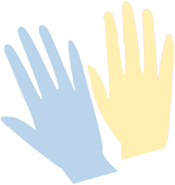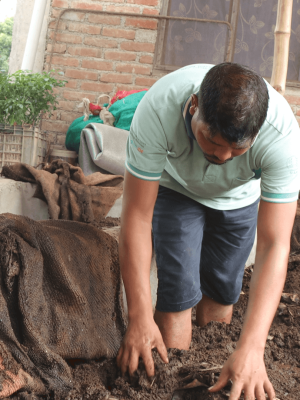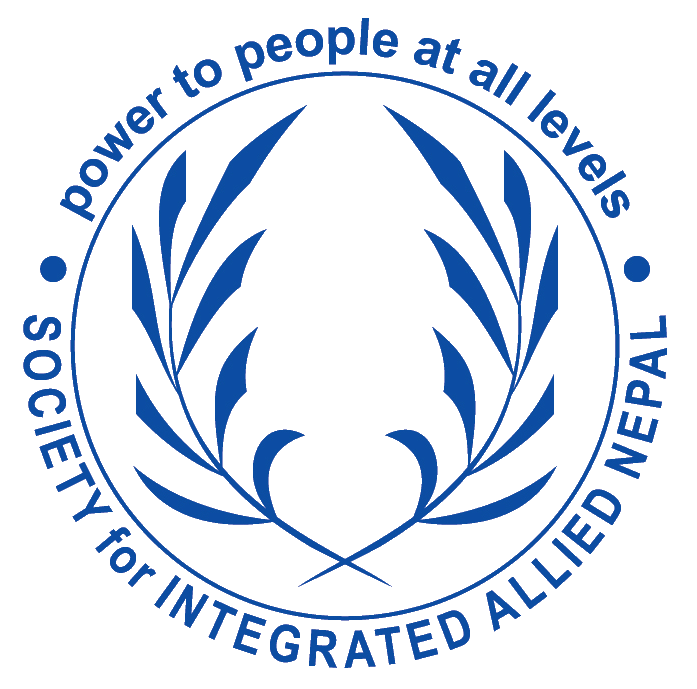About us

Message from Chairperson
Established in 2004, the Society for Integrated Allied Nepal (SIAN) is a national NGO committed to advancing child rights protection and promotion, inclusive development, democracy, and human resource development across Nepal. As an autonomous, non-political, and non-profit entity, SIAN is governed by a nine-member executive board and 21 trustee members, all dedicated civil society representatives and development professionals.
SIAN’s core work revolves around child rights protection and promotion, motivated to provide quality education, ensure food security, and create safe, dignified environments for all Nepalese children, regardless of their gender, ethnicity, or religion. Moreover, our work revolves around improving health and nutrition, WASH (Water, Sanitation, and Hygiene), education, and access to opportunities for local communities. The organization also focuses on the well-being of women, marginalized individuals, and rural communities, aiming for a transformed and interdependent society through capacity enhancement and optimal utilization of local resources. SIAN partners with a wide array of organizations, including INGOs, other NGOs, government entities, private sectors, and community-based organizations, believing these alliances lead to more impactful results.

MISSION



